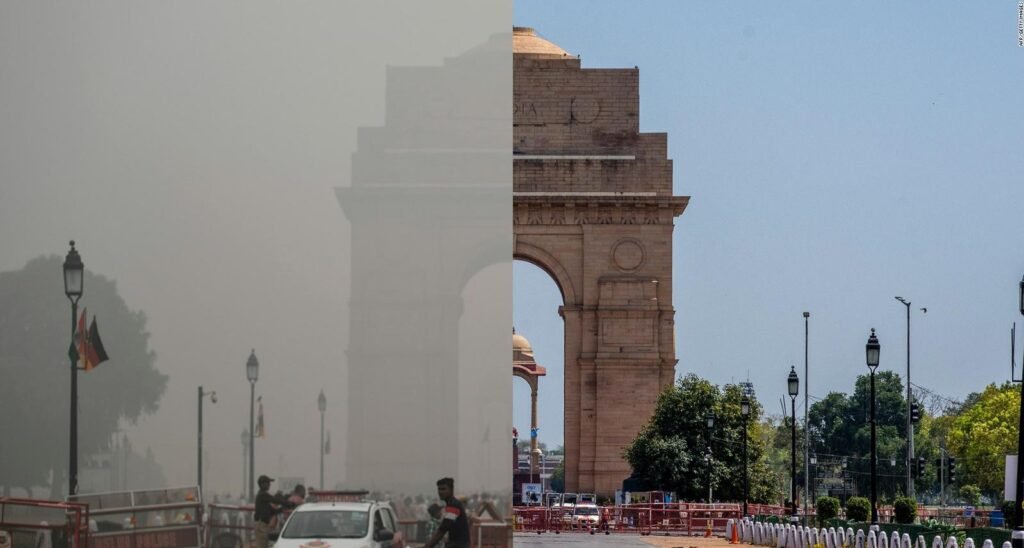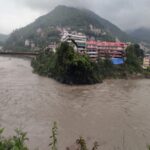
Delhi’s air quality has plummeted once again, reaching hazardous levels that have left the city shrouded in a thick smog. The Air Quality Index (AQI) has soared beyond the “severe” category, posing significant health risks to its inhabitants. Among the most vulnerable to these deteriorating conditions are the elderly, who are experiencing a marked increase in respiratory ailments. Doctors across the national capital report a surge in cases of asthma, chronic obstructive pulmonary disease (COPD), and other respiratory complications among the older population.
The persistent poor air quality in Delhi is attributed to a combination of vehicular emissions, industrial pollution, and seasonal agricultural burning in neighboring states. This toxic cocktail of pollutants includes particulate matter (PM) 2.5 and PM10, nitrogen dioxide, and sulfur dioxide, all of which are known to exacerbate existing health issues, particularly in those with compromised respiratory systems. For the elderly, who may already be battling various age-related health problems, the impact of such pollution is even more pronounced.
Health experts are raising alarms about the long-term consequences of continued exposure to poor air quality. Besides immediate breathing difficulties, there’s a growing concern about the potential for increased cardiovascular diseases, stroke, and even cognitive decline among the elderly population. Hospitals and clinics are bracing for an uptick in admissions as the cold season progresses, traditionally a period when air quality worsens due to factors like reduced wind speed and temperature inversions.
In response to the crisis, health officials are urging the elderly and other vulnerable groups to minimize outdoor activities, especially during peak pollution hours. The use of air purifiers indoors and wearing N95 masks when venturing outside are recommended preventive measures. However, experts agree that these are temporary solutions, emphasizing the urgent need for comprehensive policies to address the root causes of air pollution. The health of Delhi’s elderly residents hangs in the balance, prompting calls for immediate action to improve air quality and safeguard the well-being of one of the city’s most at-risk populations.




































Leave a Reply